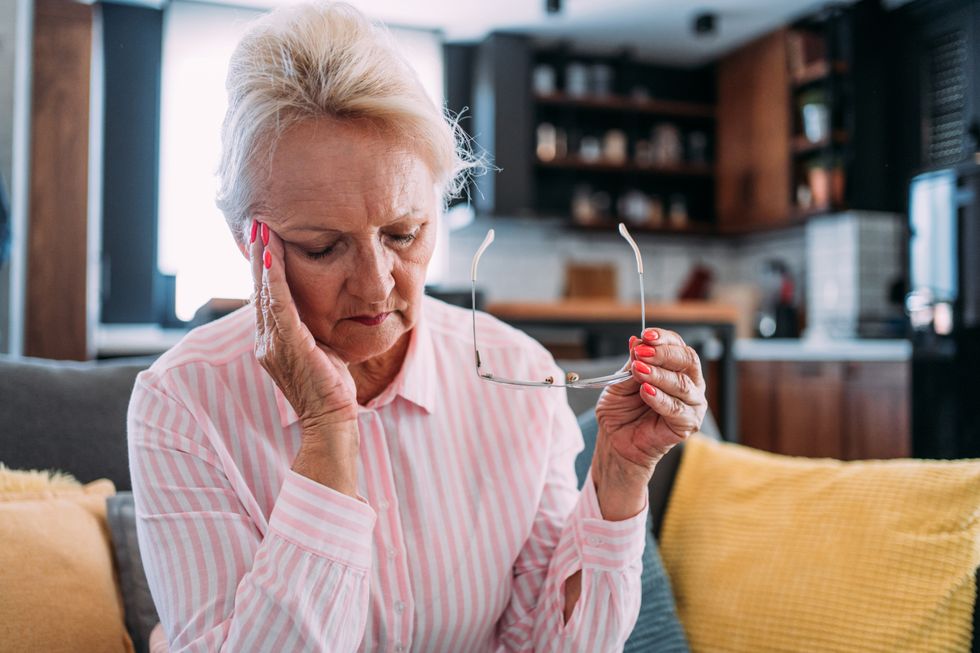Scientists sound alarm over hidden trigger raising heart risk by 52% in 'healthy women'

Approximately half of women who suffer heart attacks and strokes lack typical warning signs
Don't Miss
Most Read
Medical researchers have discovered that a blood test measuring inflammation could help detect cardiovascular disease risk in women who appear healthy by conventional standards.
The inflammatory biomarker hsCRP has proven a crucial tool for identifying those vulnerable to heart attacks and strokes despite lacking typical warning signs.
Approximately half of all cardiovascular events affect people without established risk factors such as elevated blood pressure, cholesterol abnormalities, diabetes or smoking habits.
These individuals, termed "SMuRF-Less" by medical professionals, have historically evaded detection through standard screening methods, with women particularly prone to being overlooked and receiving inadequate treatment.

Inflammatory biomarkers have emerged as a crucial tool for identifying those vulnerable to strokes
|GETTY
Scientists from Mass General Brigham analysed health data from 12,530 women who initially showed no conventional cardiovascular risk factors.
The participants underwent hsCRP testing at the study's outset and were monitored for three decades.
The findings revealed striking patterns among women with elevated inflammation levels, defined as hsCRP readings exceeding 3 mg/L.
These individuals faced a 77 per cent higher probability of developing coronary heart disease throughout their lives compared to those with lower inflammation markers.
The research also demonstrated a 39 per cent elevated lifetime stroke risk and a 52 per cent increased chance of experiencing any significant cardiovascular event among the inflamed group.
"Women who suffer from heart attacks and strokes yet have no standard modifiable risk factors are not identified by the risk equations doctors use in daily practice," stated Dr Paul Ridker, a preventive cardiologist at Mass General Brigham's Heart and Vascular Institute.
Dr Ridker emphasised the critical timing for intervention: "Yet our data clearly show that apparently healthy women who are inflamed are at substantial lifetime risk.
We should be identifying these women in their 40s, at a time when they can initiate preventive care, not wait for the disease to establish itself in their 70s when it is often too late to make a real difference."
LATEST DEVELOPMENTS

The findings revealed striking patterns among women with elevated inflammation levels
|GETTY
The research team also examined treatment options for women identified as "SMuRF-Less but Inflamed" through additional randomised trial analysis.
Their findings indicated that statin medications could decrease cardiovascular event risk by 38 per cent in this population.
"While those with inflammation should aggressively initiate lifestyle and behavioural preventive efforts, statin therapy could also play an important role in helping reduce risk among these individuals," Dr Ridker noted.
The study's results were unveiled during a late-breaking clinical science presentation at the European Society of Cardiology Congress and published concurrently in The European Heart Journal.











